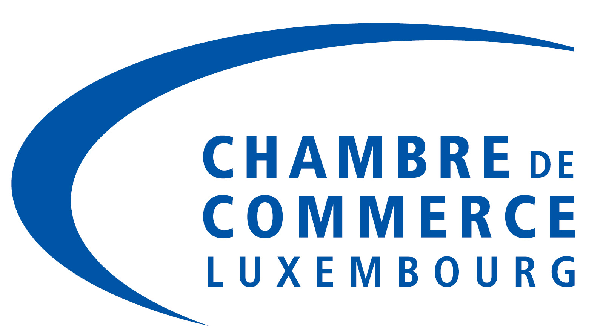
The Chamber of Commerce of the Grand Duchy of Luxembourg in collaboration with the Tunisian Agency for the Promotion of Foreign Investment (FIPA-Tunisia) and the Chamber of Commerce Belgium-Luxembourg-Arab Countries (CCBLA) are organising the "Luxembourg-Tunisia Business Forum" on Friday 27 April 2018 from 09:30 to 14:00 at the Chamber of Commerce (7 rue Alcide de Gasperi, L-2981 Luxembourg-Kirchberg).
This initiative is a continuation of the actions that work to strengthen the bilateral relations between Luxembourg and Tunisia, especially since the visit of the Prime Minister, Xavier Bettel, to Tunis in 2016 during a mission jointly with his Belgian and Dutch counterparts.
Located at the gateway to Africa and Europe, Tunisia enjoys a geographical position, infrastructure and human resources that has allowed it to become a popular co-production destination and constitutes a real platform at the doors of a market of more than 800 million consumers. With an economic growth rate reaching 1.9% for the whole of 2017 and a forecast rate of 2.7% for the year 2018 according to the World Bank, Tunisia continues its path towards virtuous and inclusive growth after six years of efforts supported by the international community, since the "Arab Spring" of 2011. Today, the Tunisian economy is number 1 in North Africa in terms of innovation, competitiveness based on industrial performance, entrepreneurial ecosystem, e-commerce transition and talent attractiveness (sources: UNIDO, UNCTAD and GEDI).
Tunisia has managed to establish a democratic transition with the establishment of a new stable government that defined in 2016 a new economic and social model around the "Tunisia 2020" Development Plan. This five-year plan includes numerous projects covering all key sectors including information and communication technology (ICT), logistics, green economy, education, etc., and whose implementation involves public-private partnerships (PPPs) to strengthen the private sector's leading role in growth and foster national and international investment. Also, to restore a climate of trust favourable to foreign investors, the Tunisian government voted in 2017 the new law on investment which guarantees the same rights to Tunisian and foreign investors, as well as other reforms to improve the banking system and modernize the current tax system. This event will address, among other things, these profound structural reforms that inject new impetus into the development of the Tunisian economy.
The seminar will be followed by a networking lunch.
For further information, see www.cc.lu/uploads/tx_userccagenda/Programme_LTBF_02.pdf








